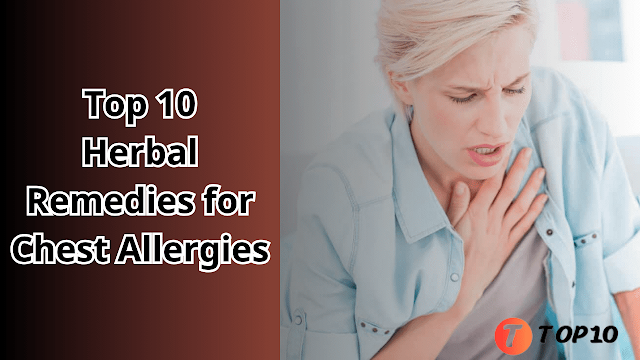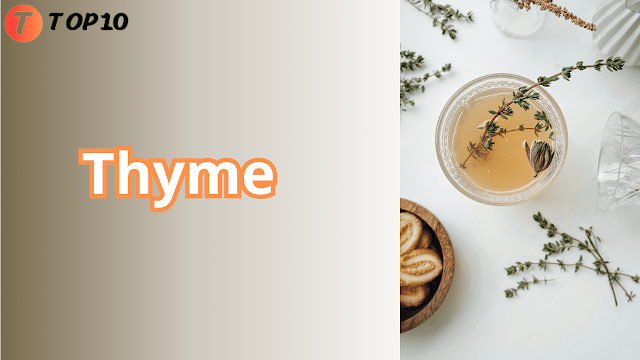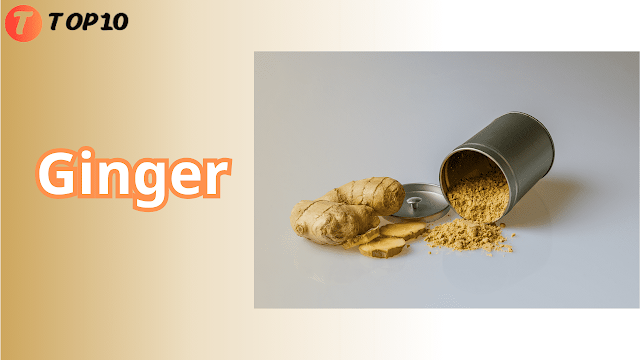The Top 10 Herbal Remedies for Chest Allergies: Natural Treatment for Your Symptoms
chest allergy treatment, Many people suffer from chest allergies due to inhaling dust, smoke, and some irritating odors, resulting in severe coughing, and shortness of breath, often accompanied by wheezing, especially during sleep, You can reduce the symptoms of chest allergies by following some guidelines and medical treatments under the supervision of a doctor, Additionally, you can also treat chest allergies with herbs, but it is essential to avoid smoking, dust, and strong odors as they can trigger allergic reactions, The solution lies simply with the top 10 herbal remedies for chest allergies.
 |
| Discover the Top 10 Herbal Remedies for Chest Allergies. |
Essential Tips for Preventing Chest Allergies
- Quit smoking completely.
- Eat a healthy diet rich in vegetables and vitamins.
- Avoid strong odors, dust, and smoke.
- Ensure to wear heavy clothing in cold weather.
- Take preventive measures against colds as much as possible.
- It is essential to consume warm beverages that reduce chest allergy complications.
Discover the Top 10 Beverages for Chest Allergies
Herbal remedies for allergies
10 - Anise
 |
| Anise. |
How do you get rid of chest allergies? Anise can be used for those suffering from chest allergies, as it is considered one of the top 10 herbal remedies for chest allergies, It offers numerous advantages, such as the ones listed below:
- Anise is considered a potent antioxidant because it strengthens the immune system's efficiency and protects the body's cells.
- Anise is a strong antifungal and antibacterial agent, Additionally, it is a source of vitamins A and C, making it helpful in alleviating symptoms of chest allergies, especially those associated with colds.
- Research and studies have shown that anise helps relieve bronchial spasms, making it useful in treating chest pain associated with allergies.
- Anise contains essential minerals for the body, such as calcium, copper, and potassium.
- It is advisable to steep anise in boiling water and drink it twice daily, You can also add anise to tea to alleviate coughing, especially for individuals with asthma.
9 - Coffee
 |
| Coffee. |
- Coffee contains theophylline, caffeine, and theophylline, which help relieve bronchial spasms, making it very beneficial for those with asthma.
- Caffeine improves lung function for a period of more than four hours.
- Coffee helps alleviate respiratory system pain associated with chest allergies.
- It is recommended to consume one cup of coffee, which effectively acts as a bronchodilator.
8 - Lemon Balm
 |
| Lemon Balm. |
What is the best herbal medicine for allergies?
- Lemon Balm has numerous benefits, and its strong lemon scent helps alleviate the headache associated with chest allergies.
- Lemon Balm helps relieve chest spasms that accompany chest allergies.
- It contains vitamin C, which helps alleviate chest pain associated with severe coughing.
- It also aids in relieving stomach pain and thyroid gland problems.
- You can prepare Lemon Balm at home by adding some dried lemon balm leaves to a cup of boiling water, steeping for at least ten minutes, then straining the dried leaves. It is recommended to drink it twice daily.
7 - Peppermint
 |
| Peppermint. |
- Among the top 10 herbal remedies for chest allergies.
- peppermint is considered one of the best, Peppermint is a powerful antioxidant that helps reduce chest inflammation, thus relieving dry cough, making it suitable for asthma patients.
- Peppermint helps inhibit histamine, thereby reducing bronchial spasms.
- Regularly consuming peppermint helps protect against lung cancer, as it is a potent antioxidant that enhances the immune system's efficiency.
- Peppermint oil contains natural phenols that help alleviate respiratory system inflammation.
- Inhaling peppermint oil before engaging in strenuous physical activity can help improve lung function and normal breathing.
6 - Ephedra
 |
| Ephedra. |
- Ephedra contains the compound ephedrine, which has a potent effect in treating pulmonary inflammation.
- Ephedra helps reduce sweating and decreases bronchial spasms, making it highly beneficial for asthma patients.
- It aids in reducing fluid retention in the body and alleviating dry cough.
- Ephedra has proven strong efficacy in treating chest allergy symptoms associated with colds.
- Ephedra seeds can be used to alleviate symptoms of nasal and throat congestion.
- You can use 30 to 60 milligrams of Ephedra twice daily, and it can also be boiled and inhaled as steam.
5 - Coltsfoot
 |
| Coltsfoot. |
- Coltsfoot is beneficial in enhancing the immune system's function by activating lymphatic cells.
- Coltsfoot extract can be used as a bronchial expectorant.
- It helps reduce lung inflammation, treats throat pain, and is effective in vocal purification.
- It aids in relieving thirst, making it suitable for consumption during fasting days as it helps retain fluids in the body.
- Coltsfoot is suitable for all types of coughs and helps ease the expulsion of mucus to prevent lung infections.
- Coltsfoot tea is used to treat chest allergies by boiling it, allowing it to cool, and drinking it twice daily.
4 - Rosemary Herbal Tea
 |
| Rosemary Herbal Tea. |
- Rosemary contains a range of nutrients that the body needs, such as vitamin C, vitamin K, and vitamin B.
- Additionally, it serves as a valuable provider of calcium, potassium, and iron.
- Rosemary herb acts as an antifungal and antibacterial agent, helping to treat mucus-producing coughs, making it effective in treating chest infections, especially for asthma patients.
- Rosemary oil is effective in treating chest spasms caused by persistent coughing, and it also has fever-reducing properties due to its anti-inflammatory properties.
- Rosemary is suitable for sinusitis patients as it helps alleviate headaches and congestion symptoms.
- Rosemary contains a variety of antioxidants that help prevent lung cancer.
3 - Turmeric
 |
| Turmeric. |
- Turmeric drinks help alleviate nasal congestion and treat throat inflammation, which is often associated with chest allergies.
- It also alleviates cold symptoms like sneezing, difficulty breathing, and skin rashes.
- Turmeric can be used as a dietary supplement because it contains a range of vitamins that the body needs.
- It is used as a spice to prevent seasonal allergies, especially those that occur near the winter season.
- Turmeric contains curcumin, which has a powerful effect in treating allergies, as well as histamine, which reduces bronchial spasms.
- Turmeric is known for its antibacterial properties, which can help with allergies and other health issues.
- You can add turmeric to rosemary, which is considered a powerful combination to enhance immune system function
2 - Thyme
 |
| Thyme. |
- Thyme treats pulmonary inflammations that are associated with chest allergies.
- It helps alleviate mucus accumulation in the airways, thus reducing breathing difficulties and chest pain.
- Thyme contains thymol, which is a natural antibiotic effective in eliminating bacteria and viruses, particularly in treating airway inflammations.
- Thyme is used as an expectorant to aid in the expulsion of phlegm from the airways.
- It serves as a pain reliever and is characterized by its antiseptic properties that stimulate blood circulation.
- Thyme helps detoxify the body, promoting liver cell function.
1 - Ginger
 |
| Ginger. |
- Ginger helps alleviate bronchial spasms in individuals with chest allergies.
- Ginger contains a variety of vitamins that the body needs on a daily basis, such as magnesium, calcium, and iron.
- It contains vitamin C, making it effective in treating airway inflammations associated with colds.
- Ginger oil can be used to treat throat congestion and alleviate sinusitis.
- Ginger contains natural antioxidants that enhance the immune system's efficiency to protect against respiratory diseases.











